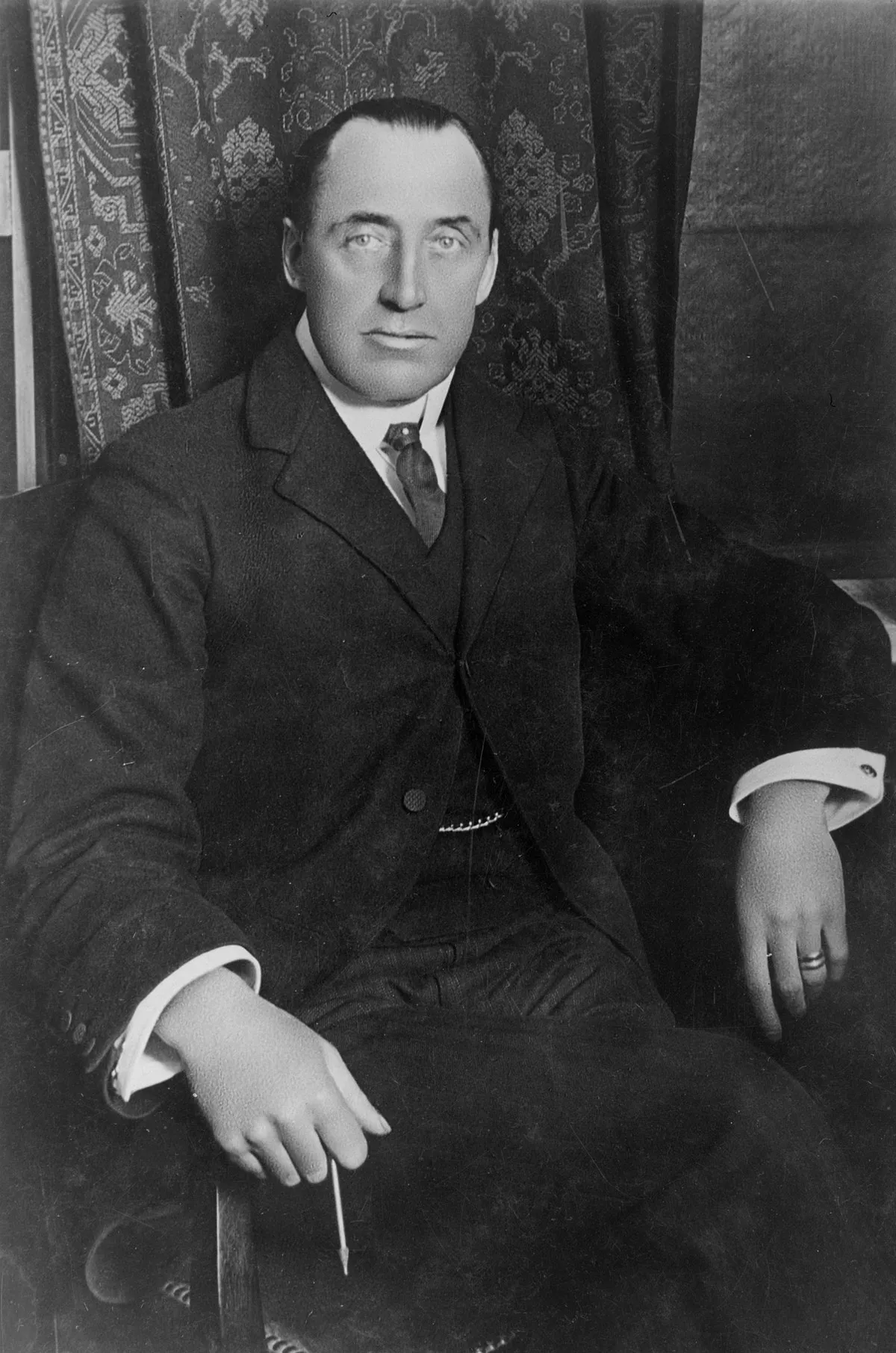 1.
1. Edward Henry Carson, Baron Carson, PC, PC, KC, from 1900 to 1921 known as Sir Edward Carson, was an Irish unionist politician, barrister and judge, who was the Attorney General and Solicitor General for England, Wales and Ireland as well as the First Lord of the Admiralty for the British Royal Navy.